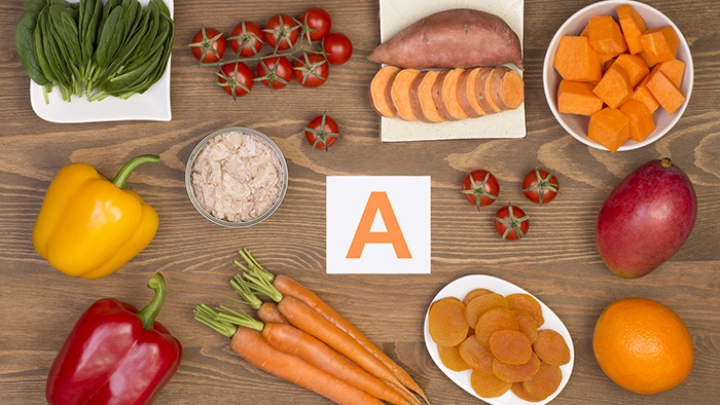(RxWiki News) Recent clinical trials found that beta-carotene and folic acid supplements do little to prevent cancer, and in some cases, very high doses may actually increase cancer risk.
Almost every year there seems to be a new nutrient or plant compound that is touted as the best thing in cancer prevention. It is often promoted as a dietary supplement. Many of these are antioxidants. Nearly all of them come from plants. Currently, there’s a lot of talk about vitamin D. In the past, we’ve seen beta-carotene, folate, and vitamins C and E take center stage.
Typically, a certain nutrient becomes popular after observational studies find that people whose diets include high levels of it have a reduced cancer risk.
- These observational studies are also often supported by laboratory studies. These studies show that the vitamin or antioxidant can prevent cancer in isolated cells or animals.
- Yet, when supplements that contain these vitamins and other compounds have been put to the test in large, randomized human studies, they have yielded disappointing results. Some of them have even suggested harm.
Beta-carotene
Beta-carotene is found in orange colored fruits and vegetables. These may include sweet potatoes, carrots, squash, and cantaloupe.
Observational studies suggested that people who ate the most foods high in beta-carotene (a vitamin-like antioxidant compound) were at lower risk for cancer. So researchers launched large randomized trials to study its effects.
- In one study, 29,000 male smokers were randomly assigned to take supplements of:
- Beta-carotene
- Vitamin E
- Both of the above
- Placebo
Another study tested more than 18,000 women and men who were at high risk for lung cancer because of their smoking history or their exposure to asbestos. They were randomly assigned to take daily supplements of one of the following:
- Beta-carotene and vitamin A
- Placebo
Much to everyone’s surprise, both studies found that the lung cancer was a lot higher among those who took beta-carotene than those who took a placebo. The death rate was higher as well. Both studies were stopped as soon as it became clear that beta-carotene was apparently doing more harm than good.
Folic acid

Folate is a B vitamin found in leafy greens and other vegetables, beans, some fruits, and wheat germ. Folic acid is the synthetic form of folate used in supplements and fortified foods.
- Initial studies suggested folate could prevent cancer.
- But following studies found that high doses of folic acid had no effect, or might increase the risk of some cancers.
- The most recent studies have not found this risk, but concern still lingers about high doses.
These findings are important reminders that laboratory and observational studies can identify promising directions for cancer prevention. But clinical trials are needed before widespread recommendations are made. They also underscore that just because a supplement is natural doesn’t mean it’s safe, or that more is better.
Bottom line
Keep in mind that no studies have found that beta-carotene or folate from food increases the risk of cancer. These studies all used high-dose supplements.
Why are plant foods better than supplements?
- The wide variety of nutrients and other compounds in the foods work together to create their healthy effects.
- Your best bet is to ignore the anti-cancer claims for dietary supplements. Spend your money on a variety of colorful fresh fruits and vegetables.

